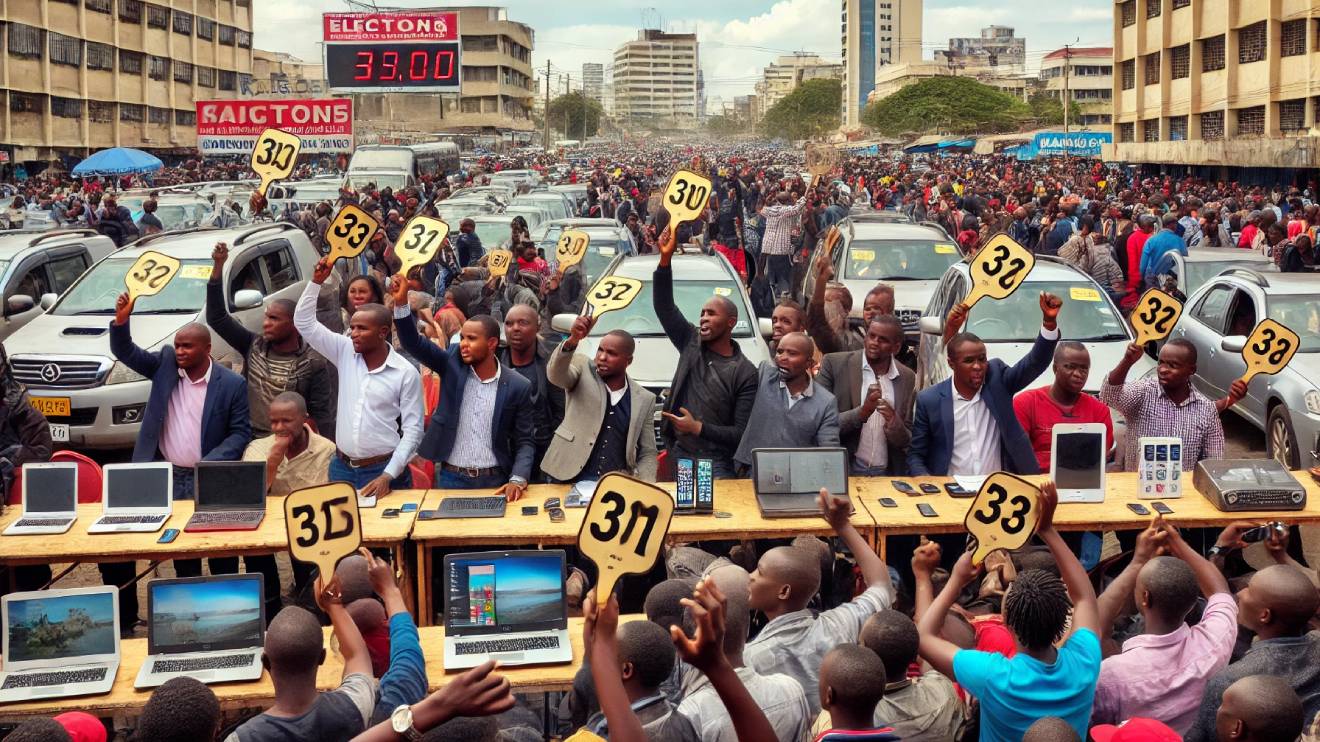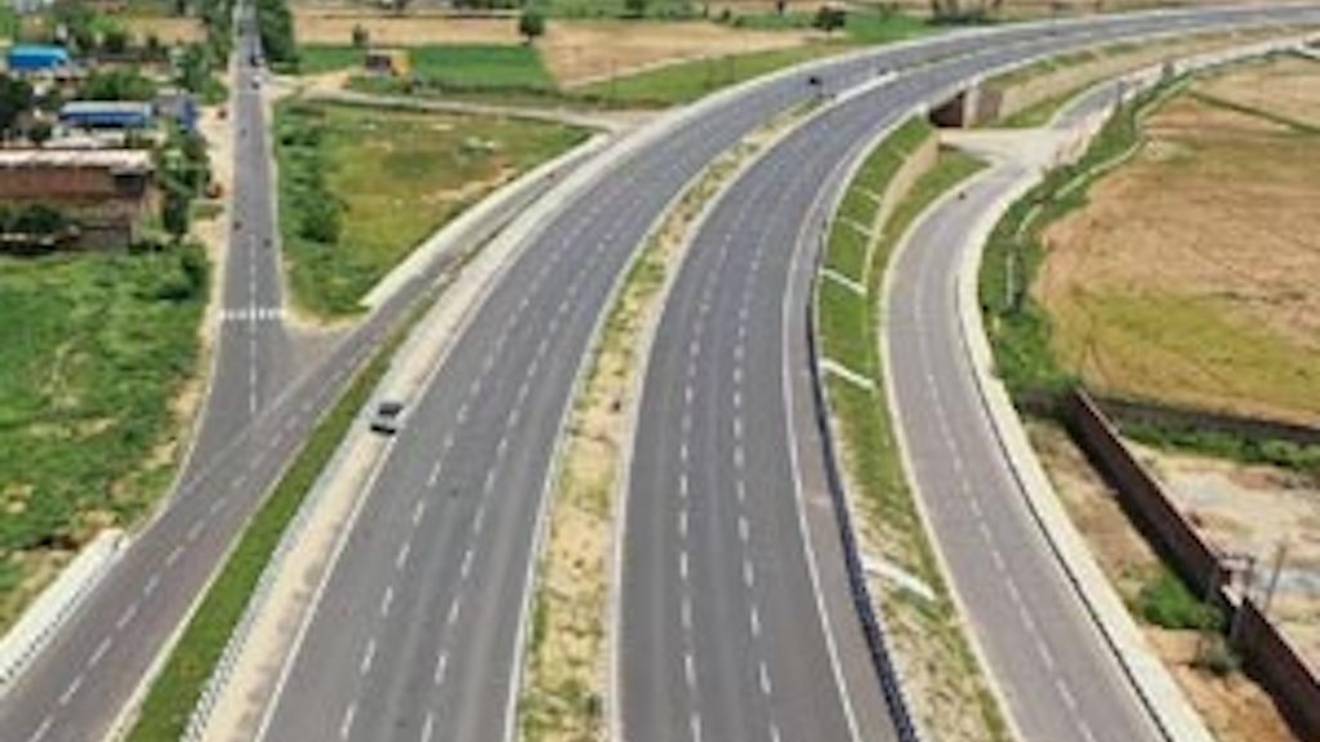Kenyan banks are now required to charge Value Added Tax (VAT) on assets seized from loan defaulters and sold via auction, following a landmark ruling by the Tax Appeals Tribunal.
This decision comes after KCB challenged the Kenya Revenue Authority (KRA) over VAT applicability in cases of seized asset sales, specifically for motor vehicles.
The Tribunal upheld KRA's stance, dismissing KCB’s appeal against an assessment for Sh1.2 billion in VAT.
The case centred on whether VAT should be levied on the sale of vehicles auctioned by banks to recover unpaid loans.
KCB argued that such sales were part of the credit recovery process and should not be considered taxable transactions.
Read More
The bank maintained that the seizure and sale of vehicles were linked to the provision of credit, which, under the VAT Act, is a VAT-exempt service.
It argued that auctioning seized vehicles was merely a means of mitigating the risk of loan defaults, with the reserve price set to cover the amounts owed, rather than to generate profit.
“Any bank offers credit and seeks to mitigate the risk of default by requiring the placement of security against the credit. This same principle applies where the bank secures car loans through the holding of special rights to repossess and auction vehicles to the extent that a customer defaults,” KCB stated.
KRA, on the other hand, asserted that the primary supply in these transactions was the sale of motor vehicles to third parties, a taxable event under the VAT Act.
The Tribunal agreed with this argument, noting that there is no exemption for such sales in the VAT Act. As a result, KCB's argument was dismissed.
“Part 2 of the First Schedule Paragraph 1 (h) to the VAT Act exempts the loan amount from VAT. The said paragraph does not exempt from VAT the process of recovery of credit from the debtor," the Tribunal’s ruling stated.
"Therefore, KCB’s assertion that disposal of seized goods through auction is part and parcel of the provision of credit facilities amounts to stretching the provisions of Paragraph 1 (h) to areas that Parliament did not provide for."
The ruling described the auction process as a ‘hostile sale,’ where the creditor steps into the shoes of the debtor to sell the property in question.
Consequently, the Tribunal clarified that the bank, as a creditor, is obligated to pay all taxes associated with the sale, including VAT.
This ruling is a significant development in how VAT is applied to asset sales resulting from loan defaults, potentially reshaping the dynamics of credit recovery for banks in Kenya.








